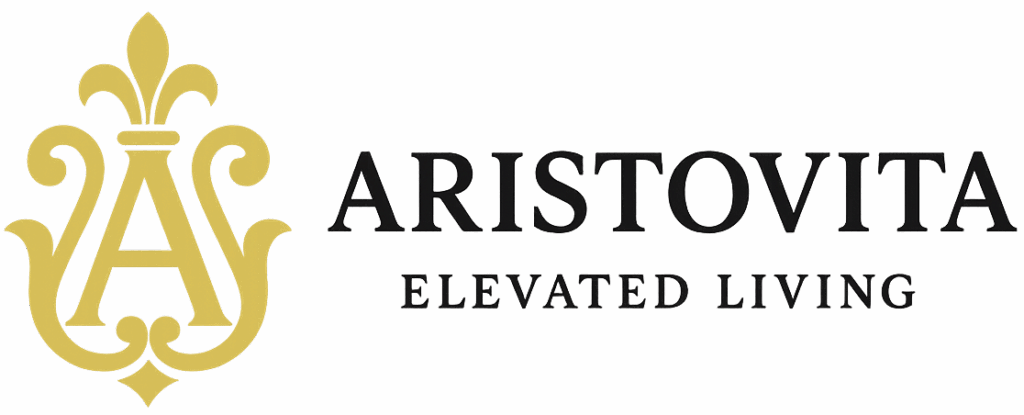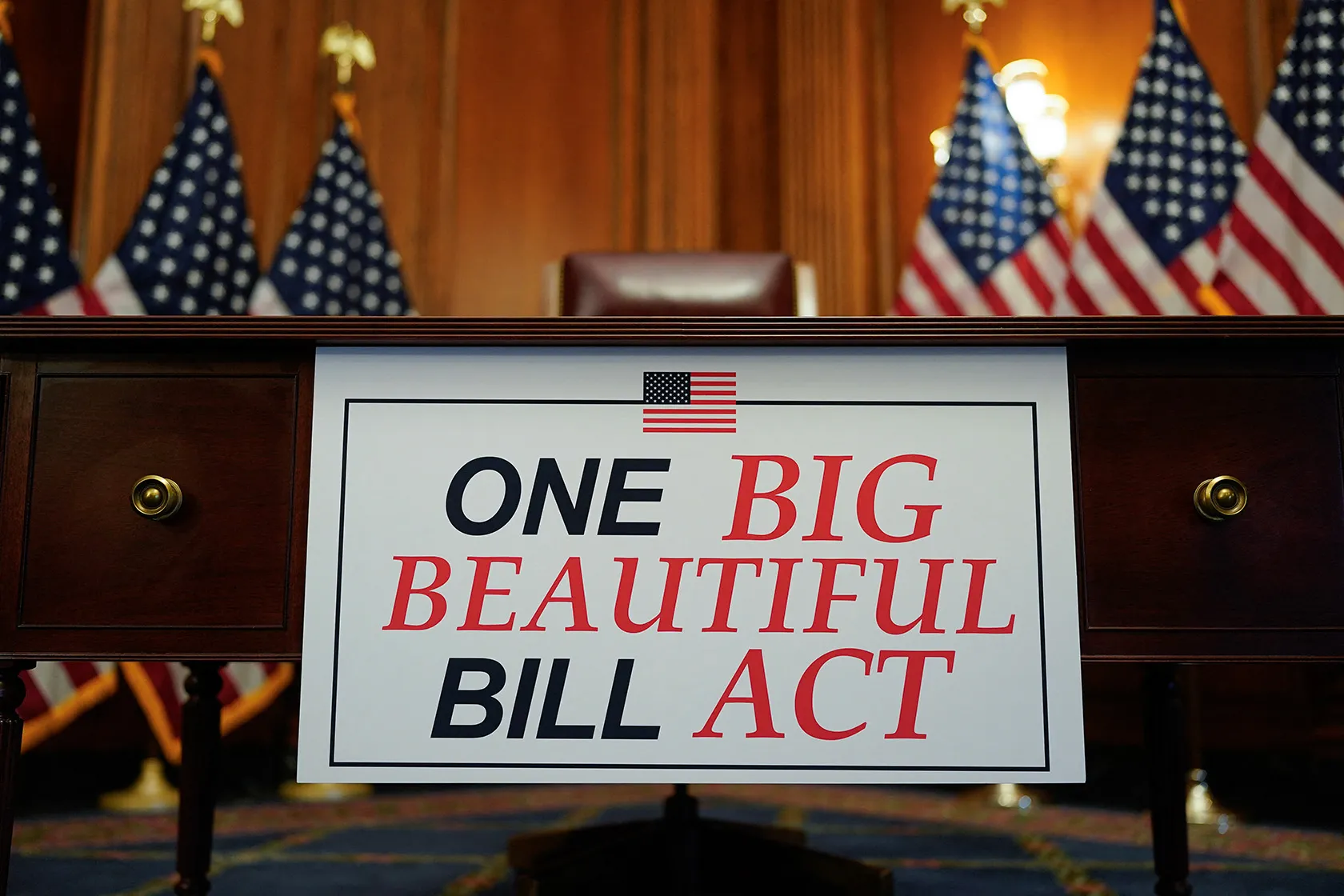The “Big Beautiful Bill,” officially called the One Big Beautiful Bill Act (OBBBA), passed on July 4, 2025, introduces sweeping tax changes that affect Americans across all income levels. While there are significant benefits—especially for high earners and business owners—the bill also includes substantial cuts to Medicare and safety-net programs. This article breaks down the facts: who benefits, who faces challenges, and how you can take advantage of the legislation while preparing for what’s ahead.
Tax Benefits: What’s in It for You?
For High-Income Earners & Business Owners
- SALT Deduction Cap Raised: Increased from $10,000 to $40,000 through 2028—big benefit for residents in high-tax states.
- Estate Tax Exemption Doubled: From $7.5M to $15M per individual ($30M per couple), helping wealthy families transfer assets tax-free.
- Corporate & Pass-Through Deductions Expanded: Business owners now receive a larger deduction on qualified business income, with simplified rules and fewer phase-outs.
- R&D Full Expensing: Companies can fully deduct research and development costs immediately.
For Middle-Class & Working Families
- “No Tax on Tips and Overtime”: Up to $25,000 of earned tips and overtime pay is now tax-exempt (phased out above $150,000 income).
- Child Tax Credit Increase: From $2,000 to $2,200 per child, indexed to inflation.
- Auto Loan Interest Deduction: Up to $10,000 in interest for loans on U.S.-assembled cars may be deductible.
For Seniors (Age 65+)
- Senior Standard Deduction Boost: Adds $6,000 for individuals or $12,000 for married couples over age 65 (phased out for incomes above $75,000 single / $150,000 joint).
- Partial Exemption on Social Security Income: For seniors under the income cap, up to 85% of Social Security income may now be tax-free.
Medicare Cuts: Who’s Really Affected?
While the bill lowers taxes, it includes more than $700 billion in cuts to Medicare over ten years. Here’s a factual breakdown of who will feel the impact most:
Specific Changes
- Medicare Advantage Reductions: Payments to Medicare Advantage plans (privately administered Medicare) are being reduced. This may result in:
- Fewer plan choices
- Increased co-pays or reduced supplemental benefits like dental, vision, or hearing
- Fewer plan choices
- Hospital & Outpatient Service Cuts: Payments to hospitals are being lowered, which could lead to:
- Longer wait times
- Fewer covered services in rural and underserved areas
- Longer wait times
- Prescription Drug Subsidies Slowed: Changes in reimbursement for Medicare Part D may:
- Raise out-of-pocket costs for name-brand prescriptions
- Eliminate some negotiated discounts for high-cost specialty drugs
- Raise out-of-pocket costs for name-brand prescriptions
Who Takes the Hit?
- Seniors on Medicare Advantage: Especially those in rural states where private insurers may pull out or cut offerings.
- Lower-middle-income seniors: Those who rely on Medicare for 100% of their health care (no supplemental insurance) could see reduced benefits or rising costs.
- Hospitals in low-income communities: May lose funding for outpatient care or discharge support services.
- Disabled individuals under age 65 on Medicare may see fewer care options and higher out-of-pocket costs.
Note: Medicare eligibility remains unchanged. These are funding and benefit-level changes, not enrollment restrictions.
How to Make the Most of the New Law
Whether you’re building wealth or watching your bottom line, here are actionable tips:
✅ For High Earners & Business Owners
- Gift and estate planning: Use the $15M exemption window before 2028 sunsets.
- Maximize pass-through deductions: Restructure LLCs or S-Corps to qualify for the new breaks.
- Consider Roth conversions: While income tax rates are lower, converting traditional retirement accounts can save in the long run.
✅ For Seniors
- Claim the senior standard deduction: Automatically applied, but ensure your tax preparer uses it.
- Review Medicare Advantage annually: Compare plans carefully this fall to maintain coverage as cuts take effect.
- Look into Medigap or supplemental plans: Particularly if you’re in a Medicare-only household.
✅ For Working Families
- Track tips and overtime income: Keep accurate records to claim your $25K tax-free.
- Claim the updated Child Tax Credit: Use tax software or an advisor to ensure you receive the increased amount.
- Buy U.S.-assembled vehicles: Use the new interest deduction to reduce your taxable income.
⚖️ Final Thoughts: Balancing Opportunity & Responsibility
The One Big Beautiful Bill Act offers historic tax breaks—but at a cost. While affluent Americans and businesses stand to gain the most, middle-income workers, families, and some seniors also benefit—if they plan carefully. However, cuts to Medicare and essential services demand that consumers stay proactive, informed, and prepared.
Summary Table
|
Income Group |
Key Benefit |
Caution / Risk |
|
High-income earners |
Estate tax relief, SALT cap raise |
Tax benefits phase out after 2028 |
|
Business owners |
Expanded deductions, R&D expensing |
May need restructuring to qualify |
|
Middle-class workers |
Tip/overtime exemption, car loan break |
Benefits expire in 2028 |
|
Seniors (65+) |
Senior deduction, Social Security relief |
Medicare Advantage cuts, rising drug costs |
|
Disabled/low-income |
Few new benefits |
Reduced Medicare services, higher costs |
Smart living starts with smart planning. Consult a tax advisor or financial planner to take full advantage of the OBBBA while mitigating the impact of healthcare funding changes. AristoVita will continue to break down complex policies to help you live smarter, wealthier, and with peace of mind.





